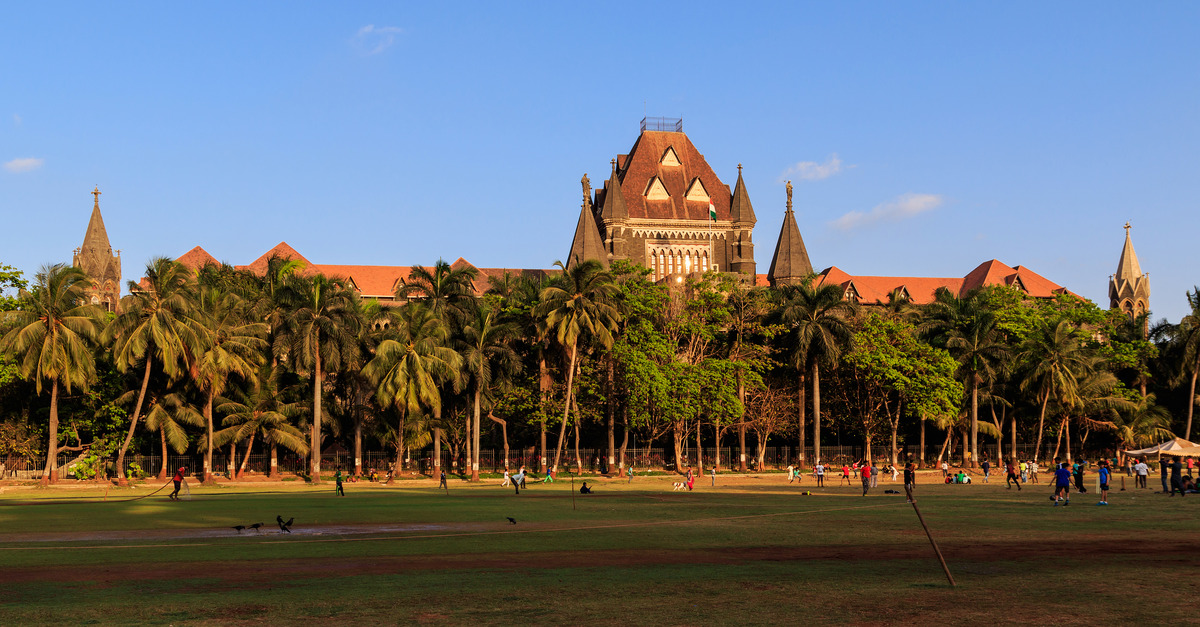Introduction
In the recent case of Ravindra s/o Laxman Narete v State of Maharashtra, dated 30th June 2025, the Nagpur bench of the Bombay High Court has held that merely saying “I Love You” to a woman does not constitute harassment. This case dealt with the essentiality of Sections 354A(1)(i), 354D(1)(i) of the IPC and Section 8 of the POCSO Act, regarding physical contact and advances with unwelcome sexual overtures, stalking and sexual assault involving physical contact with a minor without penetration, respectively. The court emphasised the essentials for establishing an offence under these sections, including the presence of an action indicating sexual intent, followed by the words for the same. The case was initiated on 23rd October 2015, leading to an appeal by the accused on 18th August 2017 and finally disposed on 30th June 2025.
Background
The matter in dispute commenced from 23rd October 2015, in Nagpur where a 17 year old girl faced alleged harassment by a man named Balya, the accused. She claimed that the accused interrupted her on her way back home from school and held her hand, and forced her to reveal her name and said the words, “I Love You” to her. The victim’s family filed a complaint at the police station on the same day. The charges included Sections 354A(1)(i), 354D(1)(i) of the IPC and Section 8 of the POCSO Act, for which the accused was held to be guilty by the Additional Sessions Judge in Nagpur, which included rigorous imprisonment of three years and a fine of Rs.5000.
However, in 2017, this ruling was appealed by the accused in the Bombay High Court on the grounds that there was neither sexual intent behind his words nor any valid claims to support the allegations framed against him. The defense contested on the fulfilment of the essentials of the charges, such as sexual assault, stalking and physical contact and advances with unwelcome sexual overtures.
The Bombay High Court observed that there was a lack of evidence to support the claim of sexual assault solely on the words. “I love you” as it does not indicate any sexual intent by the accused and highlighted that the sexual intent must be followed by an act to constitute sexual harassment. The Court held that, “There is no evidence on record showing that there was any gesture in the nature of “eye expression” or body language of the accused. Moreover, “utterances” in question have not been made repeatedly, but it was made only once. Such being nature of evidence, “utterances” by the accused addressing the victim and heard by PW2,”
Regarding the stalking charge under 354D(1)(i) of the IPC, the defense pleaded that the criteria for stalking, that is repeated attempts of following the victim, were not fulfilled in this matter, making the accused not liable for the same.
Lastly, dealing with charge under Section 8 of the POCSO Act which is regarding sexual assault involving physical contact with a minor without penetration, the defense argued that due to the absence of a physical contact with sexual intent or a contact targeted at the victim’s private parts or any contact sexual in nature, the accused cannot be held liable under the same.
The Bombay High Court after hearing both the sides decided that the essentials for the alleged charges were not fulfilled or not established by the prosecution and found the accused not guilty in this matter and ordered his immediate release.
Key Points
- An act of sexual harassment must include a sexual intent followed by an act to validate the same.
- The mere words, “I love you” alone does not constitute sexual harassment.
- The essentials of the charges such as 354A(1)(i), 354D(1)(i) of the IPC and Section 8 of the POCSO Act, must be fulfilled in order to hold one liable for it.
Recent Developments
The Nagpur bench of the Bombay High Court quashed the 2017 conviction and ordered immediate release of the accused.
It highlighted the need for evidence for IPC and POCSO-related charges in order to convict one under the same.
The matter was disposed of on 30th June 2025 by the Bombay High Court
Conclusion
The Bombay High Court’s ruling in Ravindra s/o Laxman Narete v State of Maharashtra, by setting aside the conviction of the accused in the present matter, has clarified that a mere expression of affection, without any accompanying sexual intent or repeated misconduct, does not constitute sexual harassment under the law.
“PRIME LEGAL is a full-service law firm that has won a National Award and has more than 20 years of experience in an array of sectors and practice areas. Prime legal falls into the category of best law firm, best lawyer, best family lawyer, best divorce lawyer, best divorce law firm, best criminal lawyer, best criminal law firm, best consumer lawyer, best civil lawyer.”
WRITTEN BY SWAPNA HARIDAS


